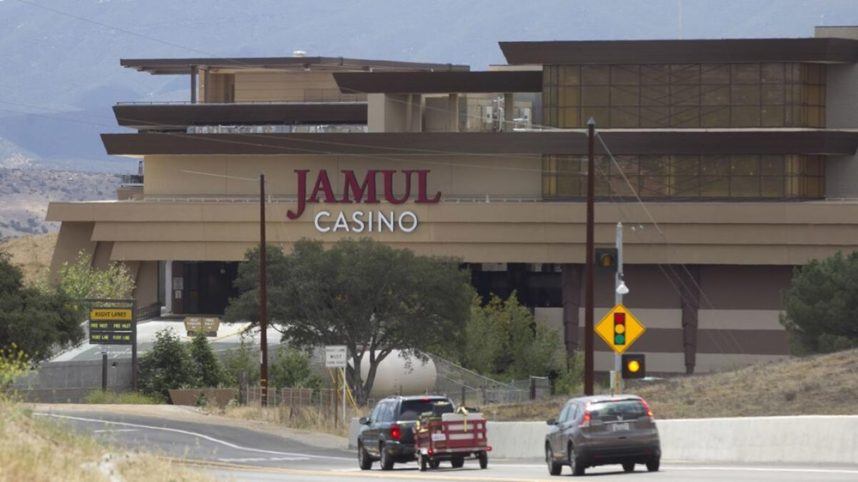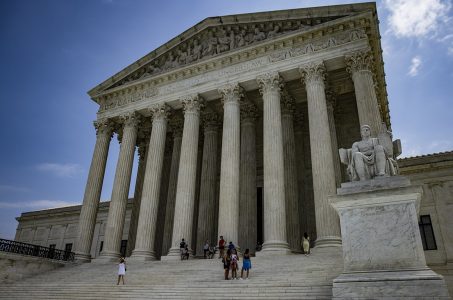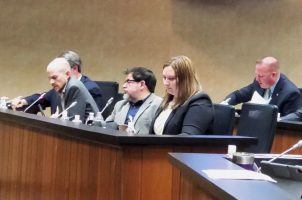Jamul Casino’s ‘Legal Carnage’ Ends with Financial Penalties
Posted on: March 4, 2024, 08:38h.
Last updated on: March 4, 2024, 11:29h.
A federal judge in California hopes to end years of “legal harassment” against the Jamul Indian Village and its Jamul Casino by imposing financial penalties against the plaintiffs and their attorneys.

U.S. District Judge Andrew G. Schopler noted the tiny San Diego County-based tribe had faced 20 different legal actions from the plaintiffs. These are former residents of Jamul Village who are opposed to the casino, which opened in 2016.
Describing the situation as “legal carnage,” Schloper wrote the most recent litigation was maintained “solely for harassment and with full knowledge that it was doomed.”
The judge ordered the plaintiffs to be liable for all legal fees since the start of litigation. He hoped that this would “provide finality” to the litany of “failed lawsuits with various shifting and meritless theories.”
Lawsuit Doomed
The latest lawsuit, now dismissed, names the Roman Catholic Bishop of San Diego. It doesn’t name the tribe because, as a sovereign nation, it cannot be sued in civil cases. The suit claimed that ongoing expansion work to the casino is disturbing a nearby historic cemetery, which the bishop granted to the tribe in 2017.
The plaintiffs alleged that this was a fraudulent transfer, done so the Church could “attempt to avoid liability for desecration of remains and funerary objects interred” there.
Schloper determined that the plaintiffs failed to prove the land transfer was fraudulent. He also noted that the tribe was an indispensable party in the suit.
The defense’s motion to dismiss must be granted for the same reason plaintiffs have heard time and again: The Village is an indispensable party, yet sovereign immunity stops it from being involuntarily added to the case,” Schloper wrote.
“This conclusion should not shock plaintiffs or their attorney. It’s been a consistent court finding each time they’ve attempted to deprive the Village of land,” he added.
Never Say Die
The dispute dates back to the early 1990s, when a federally recognized tribe of Kumeyaay Indians, collectively known as the Jamul Indian Village, held an election between a candidate who wanted to build a casino and one that didn’t.
The pro-casino faction won, and like those small pockets of Japanese soldiers holding out in the jungles of the Pacific Basin long after the war ended, the other faction just kept on fighting.
“The only viable conclusion is that this action was brought in bad faith. And it is equally apparent that this campaign of harassment will not end until plaintiffs and their attorney are held to account for abusing the legal process,” Shloper wrote.
Related News Articles
Hard Rock Kenosha Casino Project With Menominee Tribe Gains Preliminary Approval
Most Popular
Mirage Las Vegas Demolition to Start Next Week, Atrium a Goner
Where All the Mirage Relics Will Go
Most Commented
-
Bally’s Facing Five Months of Daily Demolition for Chicago Casino
— June 18, 2024 — 12 Comments -
Chicago Pension Mess Highlights Need for Bally’s Casino
— July 2, 2024 — 5 Comments
















No comments yet